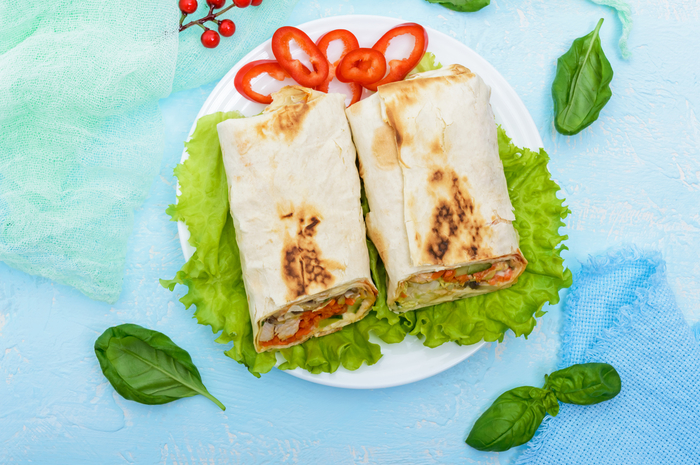Beach food: buy or refuse...
The beach season is in full swing. Vacationers bask under the sun by the sea. Fresh air catches up your appetite. And, having heard the appealing advertisement of food delivery men on the beach, many resort to their services. Boiled corn, pies and pasties, kebabs, churchkhela and ice cream, fruits ... This is not a complete assortment of products offered by beach peddlers.

It would seem: what harm is it from her? Beach chasers take out from the packages still hot, from which steam comes. However, the categorical advice about corn is dictated by the extremely short shelf life of this product. Boiled corn is brought to the beach in dense cellophane bags wrapped in a blanket, which was repeatedly recorded by experts during inspections. Bags are used to protect against sand, and the blanket keeps the temperature of the product. What do we have in the end? It turns out a non-sterile enclosed environment in which at a temperature of +35 degrees and above any product will inevitably turn sour. And in the case of beach trade, as experts warn, it is possible that the cob offered to you is from yesterday's unsold leftovers. Refreshing the appearance of the product is quite simple: it is enough to whip up the ear with boiling water.

Be careful with all kinds of drinks, especially alcoholic ones. Do not get fooled by advertisers who praise the benefits of homemade natural berry wine. Remember: the sale of self-made wines in Russia is prohibited. Refreshing drinks - fresh (freshly squeezed juices) and smoothies are best consumed within three hours after preparation, and if it comes to temperatures close to room temperature - from +15 to +25. Outside of this period, when the heat is outside, this period is shorter, since the process of fermentation begins in the drink. At a temperature of 2 to 6 degrees, smoothies and juices will remain during the day.